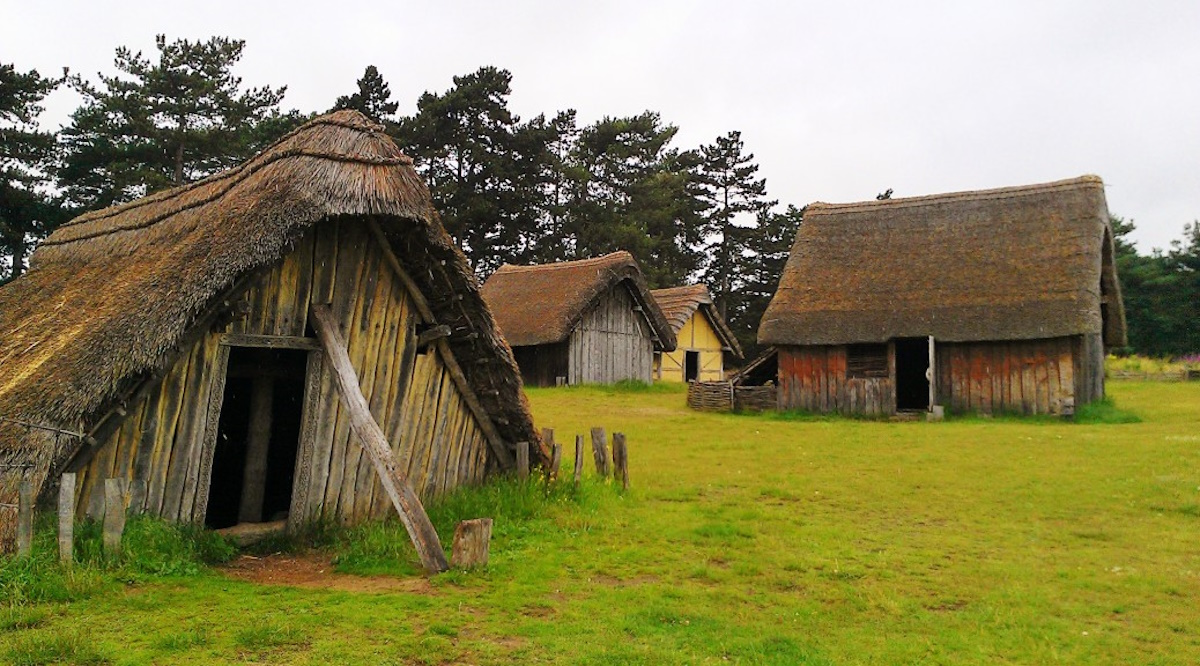Introduction to the Anglo-Saxons
The Anglo-Saxons were a group of Germanic peoples who migrated to the island of Great Britain from continental Europe during the 5th century AD. They came to dominate the eastern and southern parts of England, establishing several kingdoms and shaping the early medieval period of British history, often referred to as the Dark Ages.

Quick Facts:
- The Anglo-Saxon period lasted from roughly 410 to 1066 AD
- They originated from three powerful Germanic tribes: the Angles, Saxons, and Jutes
- The term "England" is derived from "Angle-land"
- Old English, the language of the Anglo-Saxons, forms the basis of modern English
Timeline of Anglo-Saxon Britain
410 AD
Roman forces withdraw from Britain, leaving it vulnerable to invasion
449 AD
Traditional date for the arrival of Hengest and Horsa, legendary leaders of the first Anglo-Saxon settlers
597 AD
St. Augustine arrives in Kent, beginning the Christianization of Anglo-Saxon England
731 AD
The Venerable Bede completes his "Ecclesiastical History of the English People"
871-899 AD
Reign of Alfred the Great, who unites much of England against the Vikings
1066 AD
Norman Conquest under William the Conqueror marks the end of the Anglo-Saxon period
Anglo-Saxon Society and Culture
Anglo-Saxon society was hierarchical, with kings at the top, followed by nobles, freemen, and slaves. They lived in small villages and farmsteads, with their economy based largely on agriculture. Their culture was rich in oral traditions, including epic poetry such as "Beowulf".
Key aspects of Anglo-Saxon life:
- Warrior culture and the importance of loyalty to one's lord
- Pagan beliefs that gradually gave way to Christianity
- Development of early English law codes
- Craftsmanship in metalwork, particularly jewelry and weapons
- The witan, or king's council, which advised on important matters

Legacy of the Anglo-Saxons
The Anglo-Saxons left a lasting impact on British history and culture. Their influence can still be seen today in various aspects of English life:
- The English language, which is largely derived from Old English
- Place names across England (e.g., names ending in -ton, -ham, -bury)
- The foundations of the English legal system
- The concept of England as a unified nation
- Literature and storytelling traditions
Did You Know?
The famous epic poem "Beowulf" is the longest surviving piece of Old English literature and provides valuable insights into Anglo-Saxon culture and values.
Conclusion
The Anglo-Saxon period was a formative era in British history, laying the groundwork for many aspects of English culture, language, and institutions. Understanding this period is crucial for anyone interested in the rich tapestry of British history and its enduring influence on the modern world.